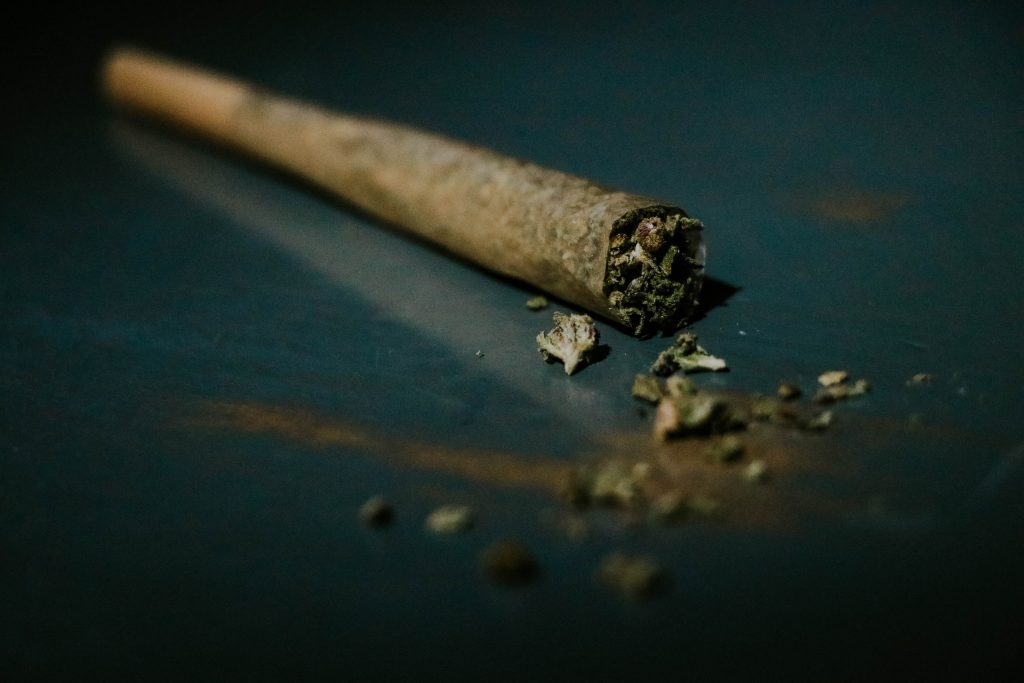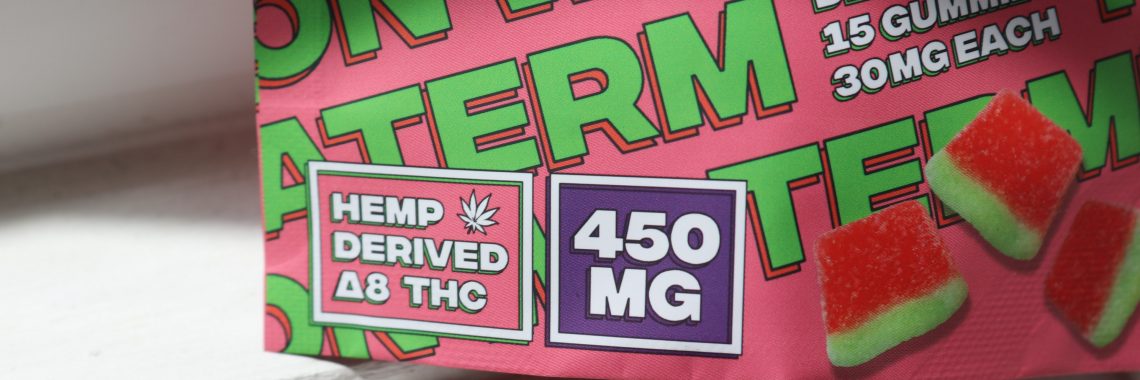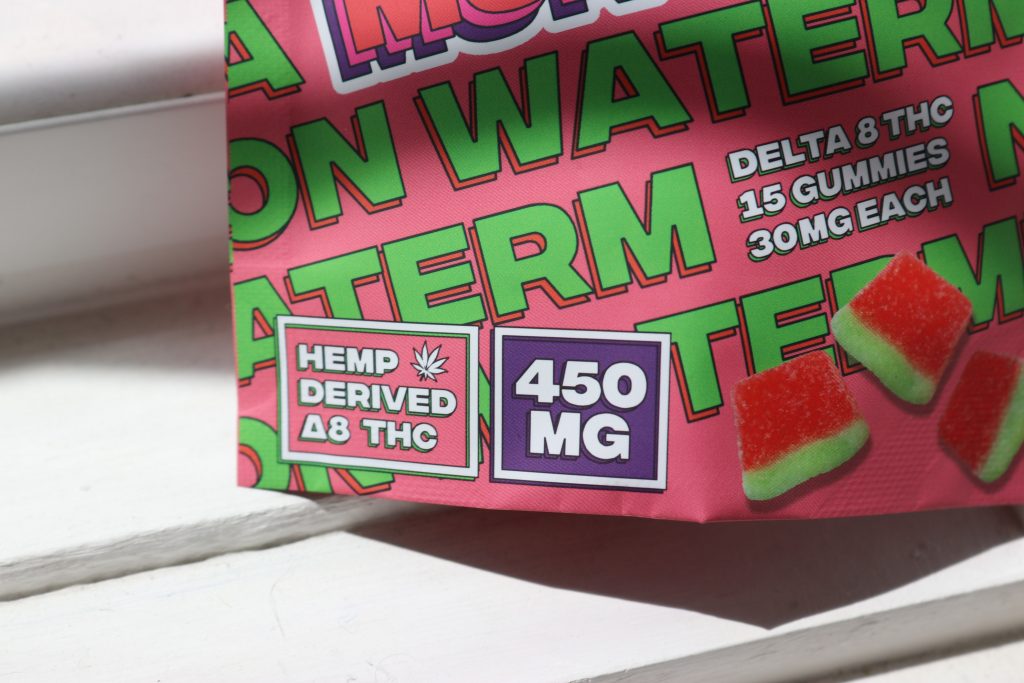Adolescent Mental Health Crisis Underscores Importance of Arkansas’ Social Media Safety Act

The number of teens experiencing symptoms of depression has spiked since 2009.
According to research analyzed by psychologist Jean Twenge, 49.5% of teens say they feel they “can’t do anything right.”
Forty-four percent say they feel like their “life is not useful.”
And a staggering 48.9% say they “do not enjoy life.”
As Twenge’s research points out, these numbers have climbed steadily upwards over the past decade.
Experts increasingly believe social media is driving the adolescent mental health crisis.
In May U.S. Surgeon General Dr. Vivek Murthy issued a statement, saying,
Much of the evidence we do have indicates that there is enough reason to be deeply concerned about the risk of harm social media poses. For example, adolescents who spend >3 hours per day on social media face double the risk of developing symptoms of depression and anxiety.
This is concerning, especially given that, on average, teenagers spend 3.5 hours/day on social media, with one-in-four spending 5 or more hours per day and one-in-seven spending 7 or more hours per day on social media.
In May the U.S. Surgeon General released a health advisory highlighting the dangers of social media use by children and calling on lawmakers to take action.
The advisory noted that, “Social media may perpetuate body dissatisfaction, disordered eating behaviors, social comparison, and low self-esteem, especially among adolescent girls,” and it encouraged policymakers to take steps to strengthen social media safety standards and limit social media access in ways that make it safer for children and better protect children’s privacy.
All of this underscores that the Arkansas Legislature was right to pass Act 689, the Social Media Safety Act, earlier this year.
The Social Media Safety Act is a good law by Sen. Tyler Dees (R – Siloam Springs) and Rep. Jon Eubanks (R – Paris) requiring major social media companies to ensure minors don’t access social media platforms without parental consent. Just like the Surgeon General’s advisory recommended, Act 689 contains protections for user privacy. A social media company that violated the law could be held liable.
Governor Sanders signed Act 689 into law last spring. However, in late June a trade association representing tech giants such as Meta (owner of Facebook and Instagram), Twitter, SnapChat, Pinterest, and TikTok filed a lawsuit in federal court challenging Act 689 as unconstitutional. In July the ACLU of Arkansas filed an amicus brief opposing Act 689 as well.
Given how harmful social media content can be for children and teens, tech companies should not be able to let children use their social media platforms without parental consent. Arkansas’ Social Media Safety Act is a good law that helps address this serious problem.
Articles appearing on this website are written with the aid of Family Council’s researchers and writers.





